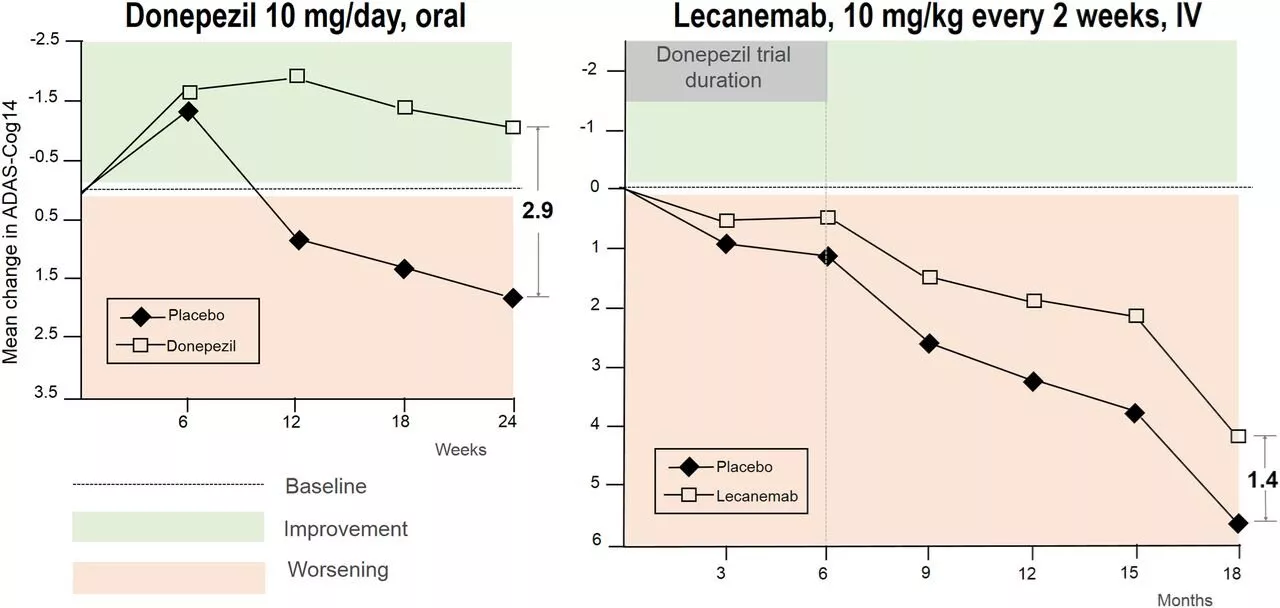The study identifies lower potassium isotope ratios in Alzheimer's patients, suggesting δ41K as a viable biomarker for early detection of the disease.
By Pooja Toshniwal PahariaReviewed by Danielle Ellis, B.Sc.Sep 9 2024 Minimally invasive test assesses the relative levels of potassium isotopes in human blood serum and shows the potential to diagnose Alzheimer's disease before symptoms become apparent A recent study in Metallomics investigated stable potassium isotope ratios in serum samples of individuals with Alzheimer's disease .
About the study The present study researchers investigated whether serum δ41K ratios could predict Alzheimer's disease. Researchers separated potassium through cation-exchange chromatography and standard-sample bracketing to measure potassium isotope compositions. Inductively Coupled Plasma Mass Spectrometry determined the mean potassium concentrations. Researchers mechanistically explored mean δ41 K changes. Ab initio calculations predicted potassium isotope fractionation between hydrated potassium and its organic form bound to glutamate and aspartate.
Results Alzheimer's disease patients showed significantly lower average δ41K ratios than controls. Hydrated potassium also showed lower δ41K ratios than organically bound potassium. Serum δ41K values and DFT findings align with literature suggesting the outflow of hydrated potassium ions from the brain to blood . This aligned with a measurable reduction in serological δ41K.
Biomarker Blood Brain Calcium Copper Heparin Hydrogen Peroxide Neurodegenerative Diseases Potassium Protein Stroke Zinc
United Kingdom Latest News, United Kingdom Headlines
Similar News:You can also read news stories similar to this one that we have collected from other news sources.
 Alzheimer’s drug lecanemab won’t be available on NHS despite UK green lightLecanemab is the first treatment that has been found to curb the condition – slowing down progression of the disease by between 4 and 6 months
Alzheimer’s drug lecanemab won’t be available on NHS despite UK green lightLecanemab is the first treatment that has been found to curb the condition – slowing down progression of the disease by between 4 and 6 months
Read more »
 Excessive light pollution may increase risk of Alzheimer's, especially in younger peopleIn some places around the globe, the lights never go off. Streetlights, roadway lighting, and illuminated signs can deter crime, make roads safer, and enhance landscaping. Undisrupted light, however, comes with ecological, behavioral, and health consequences.
Excessive light pollution may increase risk of Alzheimer's, especially in younger peopleIn some places around the globe, the lights never go off. Streetlights, roadway lighting, and illuminated signs can deter crime, make roads safer, and enhance landscaping. Undisrupted light, however, comes with ecological, behavioral, and health consequences.
Read more »
 Study finds correlation between light pollution and Alzheimer's DiseaseIn some places around the globe, the lights never go off. Streetlights, roadway lighting, and illuminated signs can deter crime, make roads safer, and enhance landscaping. Undisrupted light, however, comes with ecological, behavioral, and health consequences.
Study finds correlation between light pollution and Alzheimer's DiseaseIn some places around the globe, the lights never go off. Streetlights, roadway lighting, and illuminated signs can deter crime, make roads safer, and enhance landscaping. Undisrupted light, however, comes with ecological, behavioral, and health consequences.
Read more »
 New medications for early Alzheimer's draw praise, controversyIndependence Health System has introduced a new service that capitalizes on an overwhelming patient medical need and two new medicines.
New medications for early Alzheimer's draw praise, controversyIndependence Health System has introduced a new service that capitalizes on an overwhelming patient medical need and two new medicines.
Read more »
 Louise Thompson 'thought she had Alzheimer's' before diagnosis amid key messageThe former Made In Chelsea star reflected on how far she has come in the last 12 months
Louise Thompson 'thought she had Alzheimer's' before diagnosis amid key messageThe former Made In Chelsea star reflected on how far she has come in the last 12 months
Read more »
 Drug protects against air pollution-related Alzheimer's signs in miceA study led by the USC Leonard Davis School of Gerontology shows how feeding mice a drug called GSM-15606 provides protection against air pollution-related increases in proteins linked to Alzheimer's disease.
Drug protects against air pollution-related Alzheimer's signs in miceA study led by the USC Leonard Davis School of Gerontology shows how feeding mice a drug called GSM-15606 provides protection against air pollution-related increases in proteins linked to Alzheimer's disease.
Read more »
